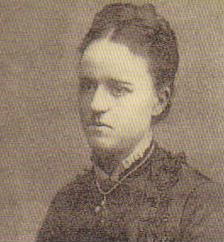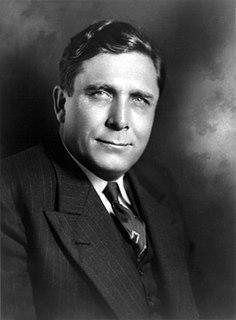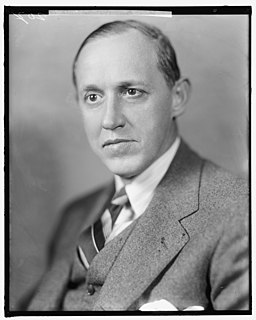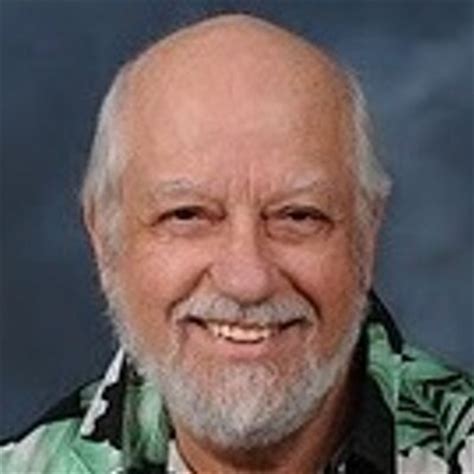A Quote by David Deutsch
Like every other destruction of optimism, whether in a whole civilisation or in a single individual, these must have been unspeakable catastrophes for those who had dared to expect progress. But we should feel more than sympathy for those people. We should take it personally. For if any of those earlier experiments in optimism had succeeded, our species would be exploring the stars by now, and you and I would be immortal.
Related Quotes
I wonder, whether, if I had had any education I should have been more, or less, of a fool than I am. It would have deprived me surely of those exquisite moments of mental flatulence which every now and then inflate the cerebral vacuum with a delicious sense of latent possibilities-of stretching oneself to cosmic limits, and who would ever give up the reality of dreams for relative knowledge?
It would have been more to the point, more honest and more Christian, in past decades not to support those who intentionally destroyed healthy life than to rebel against those who have no other wish than to avoid disease. Moreover, a policy of laissez faire in this sphere is not only cruelty to the individual guiltless victims but also to the nation as a whole... If the Churches were to declare themselves ready to take over the treatment and care of those suffering from hereditary diseases, we should be quite ready to refrain from sterilizing them.
Although my mom and I had often disagreed politically and personally, she'd led our family by example, instilling in us a can-do attitude that often defied reason - an optimism many would call foolish, ignorant, and naive, but an optimism that occasionally shocked our neighbors and our world with its brazen veracity.
Communities now find themselves in possession of improvements [resulting from the WPA] which even in 1929 they would have thought themselves presumptuous to dream of... [but] everywhere there had been an overhauling of the word presumptuous. We are beginning to wonder if it is not presumptuous to take for granted that some people should have much, and some should have nothing; that some people are less important than others and should die earlier; that the children of the comfortable should be taller and fatter, as a matter of right, than the other children of the poor.
My real problem was certainly decisions I made, and the optimism that I had in making them. Y'know, I mean, I lived within this kind of nimbus of optimism, that, no matter what I encountered, I would always overcome it. Well, optimism can be your worst enemy as well as your best friend, but the other side of this is, that, y'know, expenses grow. But our incomes have not.
Where taxes are concerned, there are two clear-cut points of view. There are those who think they're too high and those who think they should be even higher because, after all, politicians spend our money far more wisely than we do. The obvious solution I'd propose is that the people in the first group would pay less and those in the second group would pay more. Lots more.
Each individual has their own opinions about whether war is an answer to any problems. Personally I think it's a waste of time, but I think more importantly, that it's is an issue that we haven't had any say in. That's why I feel so strongly about it. I don't feel like we've really been given any choice in this matter. I think if you had a referendum tomorrow, Tony Blair would have no choice but to call off the war.
We should not care much whether those thus united (against slavery) were designated 'Whig,' 'Free Democrat' or something else; though we think some simple name like 'Republican' would more fitly designate those who had united to restore the Union to its true mission of champion and promulgator of Liberty rather than propagandist of slavery.
Those people who say that America is finite are some sense right. The environmental movement, for example, has a great wisdom to it: we need to protect, to preserve, to shelter as much as we need to develop. But I think this always has to be juxtaposed against the optimism of old, which is now represented in part by immigrants. I would like to see America achieve a kind of balance between optimism and tragedy, between possibility and skepticism.





































